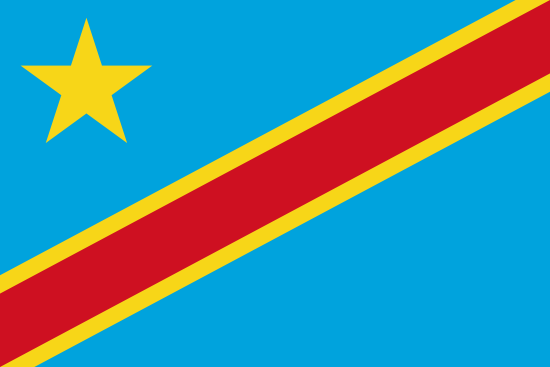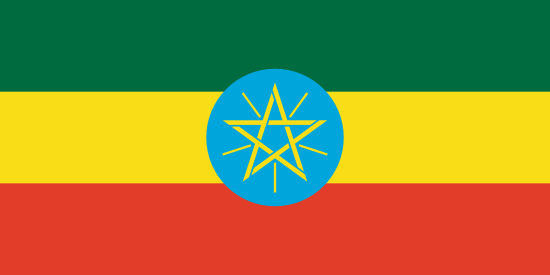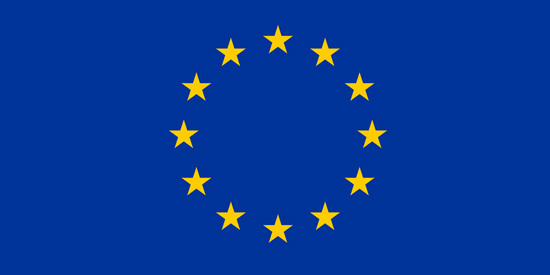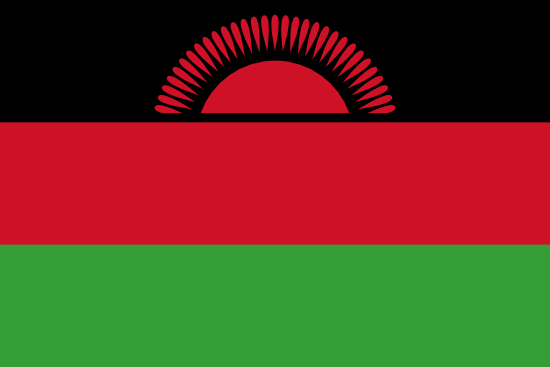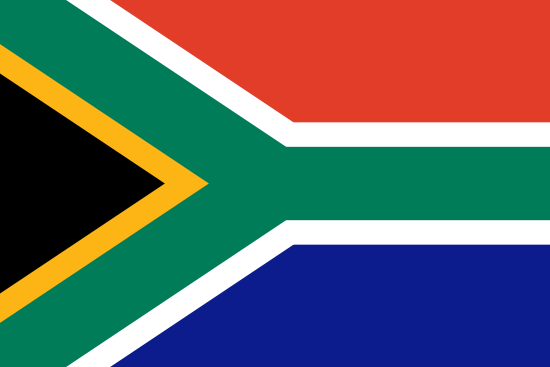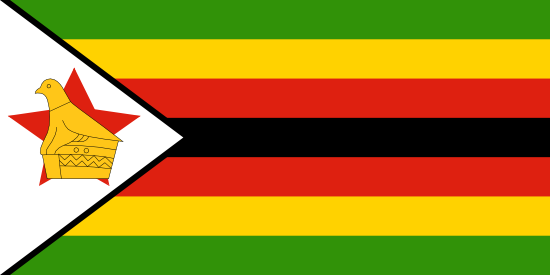Africa in 2021 – progress and challenges
Despite significant challenges, and persistent uncertainty, Africa has made extensive progress in recent years.
Since the year 2000, violent conflict in Africa has greatly declined. Data from the World Health Organization showed a 95% decrease in African conflict deaths between the year 2000 and 2012. Although localised conflict increased between 2012 and 2015, conflict is once again experiencing a downward trend in Africa, with the main persistent threat now that of militant Islamic groups.
In the last 10 years, 34 of 54 African countries have improved their governance, leading to significant improvements in human rights. Although some elections have been tainted by corruption, and new democracies challenged by autocratic leadership, generally, there has been a continent-wide push towards democracy in Africa. Democracy has contributed to the alleviation of African poverty, but in countries where it has stalled, economic progress has been hindered.
Overall, Africa has made gains in reducing poverty. With high economic growth rates in most African countries, the proportion of African people living in poverty decreased from 54% in 1990, to 41% in 2015.
However, due to rapid population growth, the absolute number of poor people in Africa has actually increased. Also, inequality means that economic growth does not always eliminate poverty for ordinary people. While the United Nations Sustainable Development Goals (SDGs) aim to eliminate all forms of poverty by the year 2030, recent estimates by the Africa Growth Initiative expect poverty in Sub-Saharan Africa to have reached 25% (at best) or 30% (at worst) by the year 2030.
The COVID-19 pandemic has had a significant impact on Africa’s economic growth. In 2020, Sub-Saharan Africa experienced its first recession in 25 years. Per capita income in the region decreased by over 5% in 2020, reducing the average individual’s income to 2013 levels.
It is difficult to assess the health impacts of the pandemic in Africa, as COVID testing remains low in most regions. Africa’s reported death rates for COVID-19 have been low, attributed by some to its young population. However, the pandemic has placed additional pressure on the fragile health systems of African countries, placing previous health gains at risk.
In 2021, the global pandemic has made life uncertain for all of us. But uncertainty is no stranger to Africa. Sub-Saharan Africa, with its 1 billion people, half of whom will be under 25 years old by 2050, does face an uncertain future.
However, in Christ, with your support and the partnership of the local church, Africa’s uncertainty is turned to hope.
Michael Cassidy shares his thoughts
What makes Africa relevant to those of us who live in Australia? We recently chatted to Michael Cassidy about the obvious question, “Why Africa?”, and here is what he had to say:
‘AE is called to serve Africa. Although evangelism is needed throughout the world, the calling of AE is a specific one, namely “To evangelise the cities of Africa through word and deed in partnership with the Church.” So it is for this cause that we call people to invest.
Sub-Saharan Africa is immensely responsive to the Gospel, making evangelism in Africa wonderfully worthwhile. A vast percentage of Africa’s population are ready to receive the seed of the Gospel, and in our missions, we see thousands upon thousands of people responding – unlike most other parts of the world. 20% of the world’s youth live in Africa, and Africa’s young people are particularly receptive to the Good News of Christ.
Africa is a continent of the future. While other countries may celebrate their history, Africa is pulsating with new life and constantly looking to new horizons.
What excites me about the African Church, is that it is very mission-minded. Africa is now sending missionaries to evangelise and plant churches in other parts of the world. Some of the biggest and most vital churches in cities like London or Brussels are African, and their influence on the spiritual life of those cities is considerable. So investing in the African Church is also investing in a new and marvellous mission movement. Incidentally, when I have travelled together with African colleagues on various ministry trips, I have noticed an increased level of interest and openness to the African voice, as opposed to that of a white Anglo-Saxon.
The old Christendom of the Northern hemisphere may have come and gone. However, a new Christendom, a culture where presuppositions are Christian, is being born in the Southern hemisphere, in Africa and Latin America. To pray and give towards the Lord’s work in Africa is a worthy cause. It is helping to shape and build a new Christendom which may well re-evangelise the old one.
I believe that the hour of the African Church has come.’
Listen to Michael Cassidy’s Christmas Message here.
Discover how YOU can help reach Africans under lockdown.
At the beginning of this year, before COVID-19 arrived in our lives, your African Enterprise family set a goal to see 100,000 people commit to following Jesus in 2020.
When COVID-19 shut down churches and prevented large gatherings, that goal seemed impossible for a time … but thank God for how, together, we can share Jesus’ love through the internet!
AE has been encouraging and equipping believers across Africa to make use of their own social networks to share the Gospel. So far, over 2,500 people have been trained to use their personal testimonies to engage with their friends over social media. At this stage we have reached 334,710 people through Home Based Evangelism activities, a further 600,000 through mass media listeners, and have seen 20,928 people turning to Jesus to date.
One keen evangelist has been so passionate about this online opportunity that she has shared her testimony and the Gospel with over 300 people!
Among those people she reached was a young woman named Margaret who was going through a very low point in her life. We’ve all recently been through some tough times but, after losing her only income,
Margaret was on the verge of committing suicide.
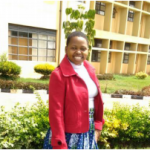
But after reading Nancy’s testimony online, and hearing about the peace that God offers, Margaret instead decided to follow Jesus!
“Even in this dark hour, God is still at work,” says Stephen Mbogo, AE International CEO. “These online encounters are bringing people to have encounters with Jesus.”
With more people like Margaret needing hope during this pandemic, your support is essential to help close a $150,000 funding shortfall and ensure that this impactful home-based ministry continues.
Please give generously today to help see 100,000 people commit to follow Jesus this year.
Let’s not give up on this God-breathed goal. Let’s continue to push forward together to change more lives with Jesus’ love in the last few months of this year and beyond!
Thank you for your partnership,
I want to see 100,000 commitments being made for Christ >


